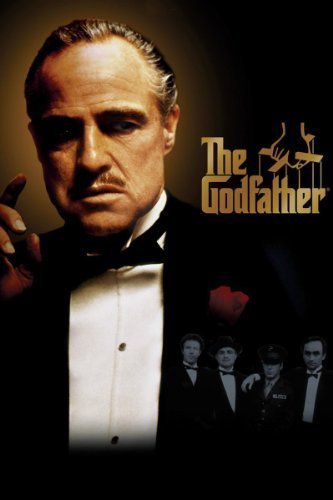 Love him or hate him, you must admit that Vito Corleone, head of the fictional New York crime family in the film The Godfather, adeptly built a thriving “business.” Nefarious goals and bloody outcomes aside, what can we learn from him about effective business operations?
Love him or hate him, you must admit that Vito Corleone, head of the fictional New York crime family in the film The Godfather, adeptly built a thriving “business.” Nefarious goals and bloody outcomes aside, what can we learn from him about effective business operations?
1. Branding is in the details. The Godfather without strong branding would have been nothing more than a petty criminal with an annoying voice. Instead, he built a rock solid brand, a reputation that was paramount to his success. No detail went unnoticed in establishing his powerful presence, from his dark attire, to the mood lighting in his office, to the theatrical application of that gravelly mumble. In today’s business environment, branding is the difference between being remembered and getting lost in the fray. A successful brand should be carefully crafted and bolstered with attention to detail similar to Corleone’s, including staff selection, wardrobe choices, even the font in your emails.
2. Leadership means getting to the point, clearly. Nobody walked away from a brush with Corleone wondering where they stood. The Godfather enunciated his plans and wishes, clearly, politely and efficiently. Even his long-distance messages, like that infamous severed stallion head, made his intentions clear, memorable and exquisitely persuasive. Every business person should aspire to this communication model, clear as blood on satin sheets (but, of course, not so violent).
3. Trust of employees goes further than micromanagement. The Godfather trusted his staff to carry out his wishes without nagging them. He communicated how he wanted them to behave and the specific duties he expected. He gave them concise directions and allowed them to do their jobs. In exchange, they were loyal and content, even if you discount the fear factor. To craft a loyal and happy staff, managers should follow Corleone’s lead: gather a strong crew, lead them with authority and entrust them to independently carry out their duties.
4. Good customer service is priceless. In the first five minutes of the movie, we learn a valuable lesson from Corleone when he tells a customer: “Why didn’t you come to me first?” I can take care of you better than my competitors. It’s a timeless motto that works, but only if, like the Godfather, you make true on your word. When you slip up and don’t treat customers with the loyalty they expect, then they might ask someone else for help the next time.
5. Borrowing is sometimes necessary to move forward. When asked for a favor, Corleone was a yes man. But he proffered his favors in a reciprocal spirit knowing he was building up credit for the future. If you overlook the eye-for-an-eye mentality, this is business brilliance. Building goodwill among clients and competitors, hopefully motivated by kindness and generosity, creates a deep pool of support that can be tapped when you are the one in need of a favor.
Daniela Baker writes about topics that affect small businesses and entrepreneurs. You can follow @CreditDonkey or like them on Facebook here.